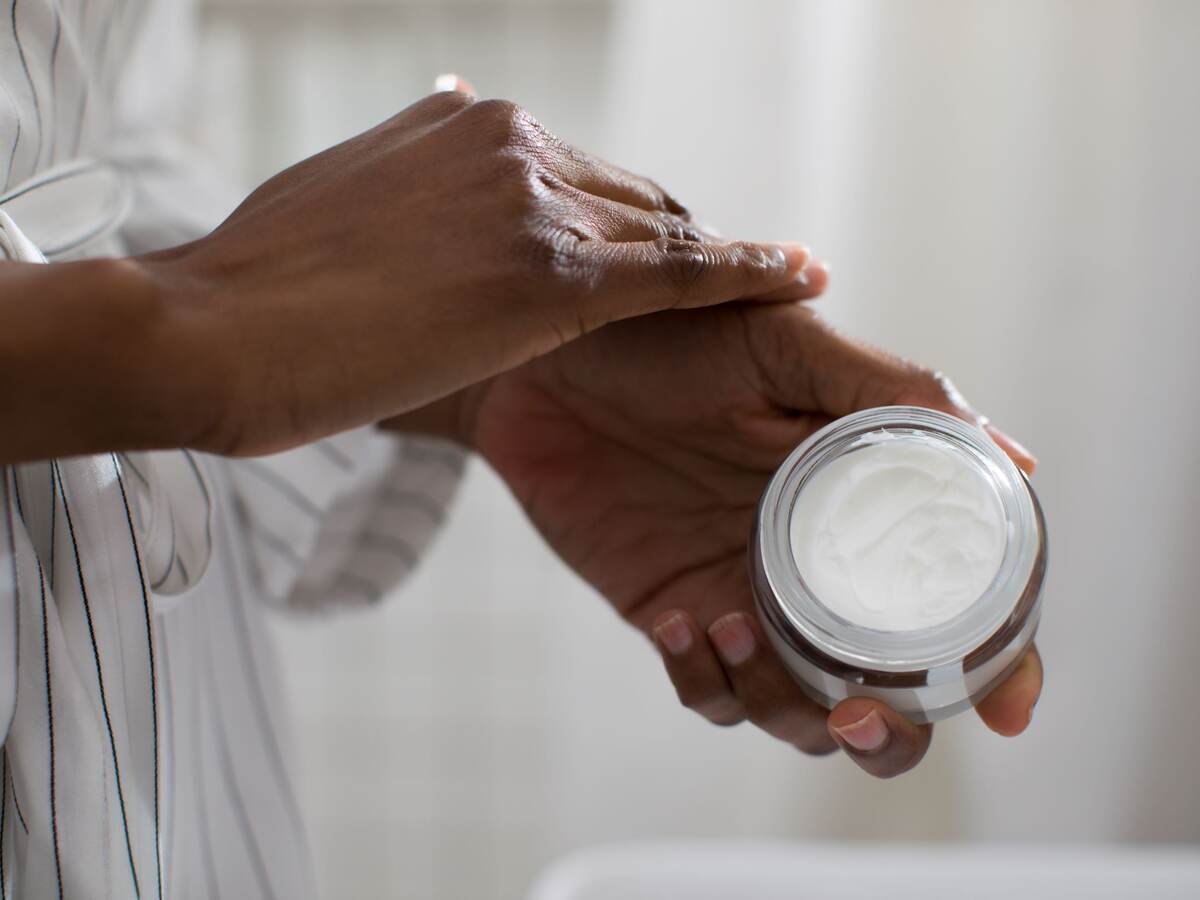April 26, 2024
By Percefoni Doufou-Shafiq, Ph.D., Regulatory Affairs Lead, Supply Chain team, UL Solutions
On April 3, 2024, the EU Commission published Regulation (EU) 2024/996 amending Cosmetics Regulation (EC) No 1223/2009, by updating Annexes II, III, V and VI with regards to use restrictions for Vitamin A, alpha-Arbutin, and Arbutin, and prohibitions/restrictions for certain substances with potential endocrine disrupting properties.
The substances Retinol, Retinyl acetate and Retinal palmitate, collectively known by their INCI name ‘Vitamin A’, are used as skin conditioning agents in cosmetic products and, up to now, were not regulated under the EU Cosmetics Regulation. In 2016, the Scientific Committee for Consumer Safety (SCCS) concluded that the use of Vitamin A is generally safe. However, it also recognized that it may contribute to the consumers’ overall exposure to this substance and push the upper intake acceptable level (as established by the European Food Safety Authority).
Although relatively low, this contribution may be of concern to consumers. Therefore, the use of Retinol, Retinyl Acetate and Retinyl palmitate should be used at maximum concentrations of 0.05% of Retinol Equivalent (RE) in body lotions and 0.3% RE in other leave-on and rinse-off products. In addition, products containing these substances should have a label warning to inform consumers already exposed to Vitamin A from other sources of the possibility of overexposure. The restrictions are added to Annex III of the Cosmetics Regulation and apply from Nov. 1, 2025, for new products and from Nov. 1, 2027, for existing products.
For substances alpha-Arbutin and Arbutin, the SCCS concluded that these substances in limited levels were safe for consumers but can cause concern when used in combination with Hydroquinone or Hydroquinone releasing agents. Adopting the findings of SCCS, amendment (EU) 2024/996 adds these substances in Annex III with restrictions of 2% limit in face creams, 0.5 % in body lotions for alpha-Arbutin and 7% in face creams for Arbutin. For formulations containing alpha-Arbutin or Arbutin, the Hydroquinone levels should not be higher than unavoidable trace levels. The restrictions apply from Feb. 1, 2025, for new products and from Nov. 1, 2025, for existing products.
In addition to the above restrictions, amendment (EU) 2024/996 includes restrictions for the substances with INCI names Genistein, Daidzein, Kojic Acid, Triclosan and Triclocarban and prohibition from use of substance 4-Methylbenzylidene camphor, because of endocrine disruption concerns. The Commission requested the SCCS carry out a safety assessment of those substances based on information collected from the industry. Except for 4-Methylbenzylidene camphor, the SCCS concluded that, although there may be some potential risk to human health, the use of these substances in cosmetic products at the concentration levels prescribed by amendment (EU) 2024/996 in Annex III for Genistein, Daidzein, Kojic Acid, and in Annex V for Triclosan and Triclocarban should minimize the health risk.
The restrictions for the substances added in Annex III apply from Feb. 1, 2025, for new products and from Nov. 1, 2025, for existing products. For Triclosan and Triclocarban (listed in Annex V), the restriction changes apply from Dec. 31, 2024, for new products and from Oct. 31, 2025, for existing products, provided that Triclosan and Triclocarban fulfill all present requirements of the EU Cosmetics Regulation.
For substance 4-Methylbenzylidene camphor, the SCCS concluded that there is sufficient evidence to support the potential of endocrine disruption and that it has effects on both thyroid and estrogen systems. This substance was, up to now, a permitted UV-absorber listed in Annex VI (entry 18). However, due to the SCCS findings, its use in cosmetic products cannot be supported. Therefore, it is now moved to Annex II as a prohibited substance. The prohibition applies from May 1, 2025, for new products and from May 1, 2026, for existing products.
UL Solutions ChemADVISOR™ Regulatory Database is being updated to reflect the changes. Both Annex II and Annex III were also updated in March of this year. Please see our regulatory article, “EU Updates Annexes II and III to Cosmetics Regulations,” for details on that amendment.
References
Regulatory Roundup Newsletter
Never miss an update
UL Solutions, the global safety science leader, can keep you updated on the latest events with a variety of materials, ranging from the latest regulatory news, webinars, white papers, events, industry insights and more.
Subscribe to our monthly Regulatory Roundup Newsletter and stay up to date on current and upcoming regulations and all the latest chemical industry news.
Safety Data Sheet (SDS) Authoring and Labeling Software and Services
Create, maintain and distribute comprehensive SDSs and labels to meet your increasingly complex global compliance requirements.
Chemical Regulatory Compliance
Manage your chemical compliance needs with the help of global regulatory expertise and leading resources.
Chemical Compliance Training
We provide a series of chemical regulatory training programs designed to help understand the diverse set of requirements and how to confront them.
Get connected with our sales team
Thanks for your interest in our products and services. Let's collect some information so we can connect you with the right person.








